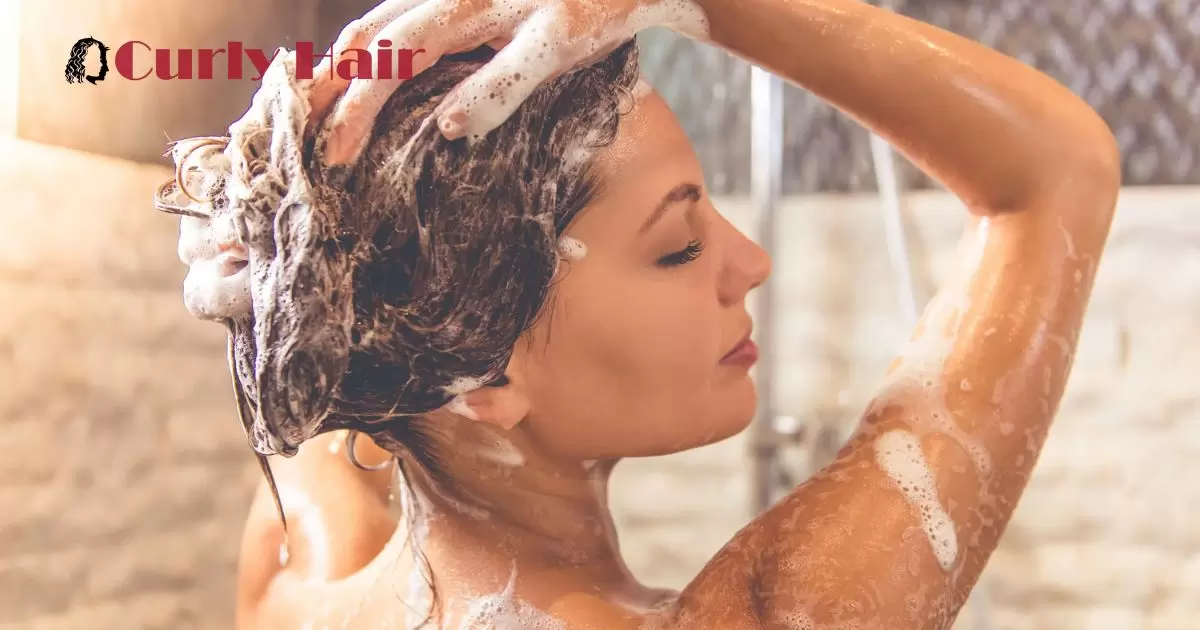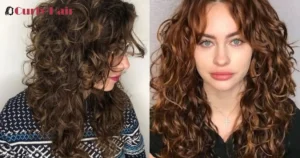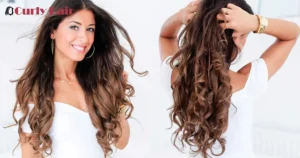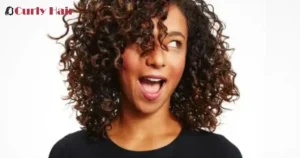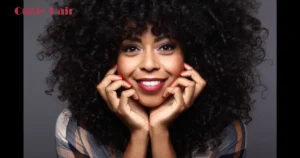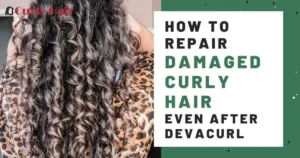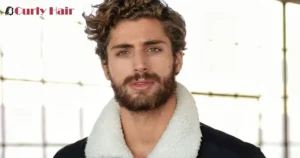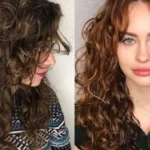Not washing hair allows product, oil, and dirt buildup. Sebum and dead skin cells accumulate on the scalp and hair shafts. Hair appears limp, greasy, and flat without cleansing. Dandruff, itchiness, clogged follicles, inhibited growth, and bacteria overgrowth occur with prolonged dirt and oil.
Over time, skipping washes can lead to dandruff, itchiness, clogged follicles, and bacteria overgrowth. If you’re wondering, what happens if you don’t wash your hair?, this article covers the consequences. Learn how long you can actually go sans shampoo based on your hair type and get tips for optimal scalp health.
Wash frequency depends on your hair type. Get tips tailored to your texture to determine optimal cleansing routines. Learn how to detox product buildup, remove excess oil, and exfoliate your scalp.
Key Takeaways
- Neglecting hair washing can lead to oil and product buildup.
- Short-term effects include greasiness, while long-term issues involve dullness and breakage.
- Prevention strategies, like regular cleansing and a balanced diet, fortify hair health.
- Proactive care ensures vibrant, resilient locks, emphasizing the importance of routine maintenance.
Effects On Scalp Health
| Effects On Scalp Health | Description |
| Itchy and Flaky Scalp | Accumulated impurities may cause irritation, resulting in an itchy and flaky scalp without proper cleansing. |
| Potential for Infections | Poor scalp hygiene increases the risk of infections, as bacteria and fungi thrive in unwashed hair. |
| Imbalance in Microbiome | Lack of regular washing can disrupt the scalp’s natural microbiome, affecting its balance and health. |
Neglecting regular hair washing can impact your scalp health significantly. Oil, sweat, and environmental pollutants can accumulate, creating a breeding ground for bacteria. This buildup may lead to dandruff, itching, and other scalp issues, affecting your overall hair health. It’s essential to maintain cleanliness to prevent these issues and ensure a healthy scalp environment.
An unwashed scalp can disrupt the natural balance of oils. Sebum, produced by the scalp, acts as a protective barrier for your hair. When left unwashed, excessive sebum can mix with dirt and impurities, causing clogged pores. This disruption in the oil balance not only affects the scalp but also reaches the hair strands, making them prone to breakage and dullness. To address this, consider using mousse or curl cream for effective styling and maintenance.
Does Build Up Clog Follicles?
When you skip washing your hair, a build-up of natural oils, sweat, and styling products occurs. This accumulation has the potential to clog hair follicles over time. These follicles, responsible for hair growth, may become obstructed by the residue, impacting the overall health of your hair.
Furthermore, the clogging of follicles may lead to conditions such as dandruff and an itchy scalp. Regular cleansing helps prevent this build-up, allowing your hair follicles to stay clear and your scalp to remain healthy. So, maintaining a proper hair washing routine becomes essential in promoting optimal hair and scalp health.
How Does Sebum Distribution Change?
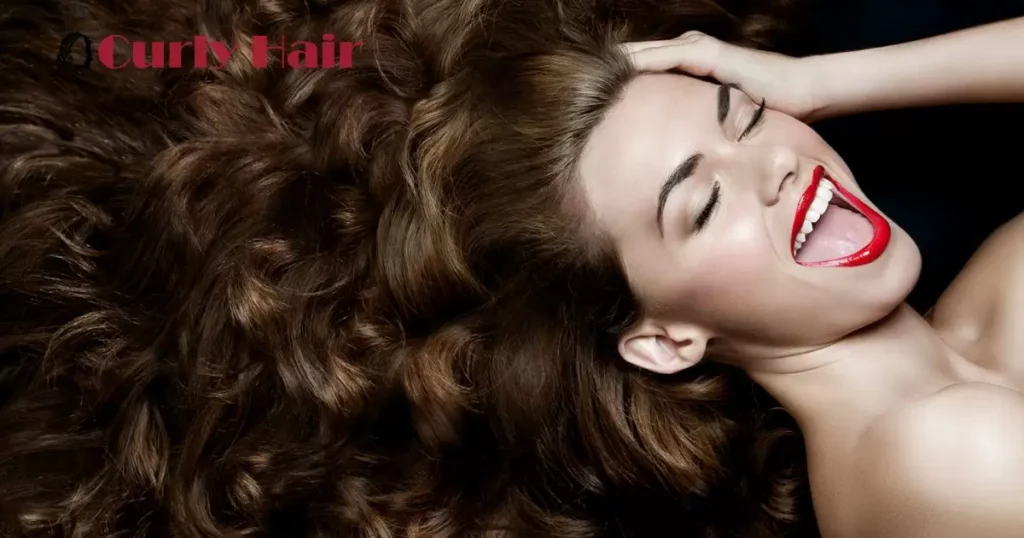
When you skip washing your hair, the distribution of sebum, your scalp’s natural oil, undergoes a shift. Initially, sebum works to keep your hair and scalp moisturized. However, without regular cleansing, sebum tends to accumulate, leading to an uneven spread across your scalp. This imbalance can result in an oily scalp while leaving the hair ends dry.
As time passes without washing, the sebum buildup becomes more apparent. It not only affects the roots but can also extend down the hair shaft. This alteration in sebum distribution impacts the overall health and appearance of your hair, often causing it to look greasier and less vibrant. Understanding these changes sheds light on why regular hair washing is essential for maintaining a healthy balance.
Is Scalp Irritation Common?
Scalp irritation is a common concern when you skip hair washing. Without regular cleansing, oils and pollutants accumulate, leading to itching and discomfort. This annoyance can disrupt your daily routine, making it crucial to address the issue promptly.
Ignoring scalp irritation may exacerbate the problem, causing redness and inflammation. The accumulated grime can also contribute to dandruff, further complicating matters. Keeping your scalp clean through regular washing is key to preventing and alleviating these common irritations.
Is It Bad To Not Wash Your Hair?
Avoiding hair wash might seem tempting, but it’s not all carefree. When you skip washing, your scalp produces more oil, leading to greasy hair. This excess oil can trap dirt, causing potential scalp issues. So, while a lazy day off from washing might feel harmless, your hair might not appreciate the break.
Over time, neglecting your hair wash routine can lead to a buildup of product residue and environmental pollutants. This buildup not only affects your hair’s appearance but can also hinder its health. Remember, a bit of shampoo goes a long way in maintaining a clean and healthy scalp.
Hair Structure Changes
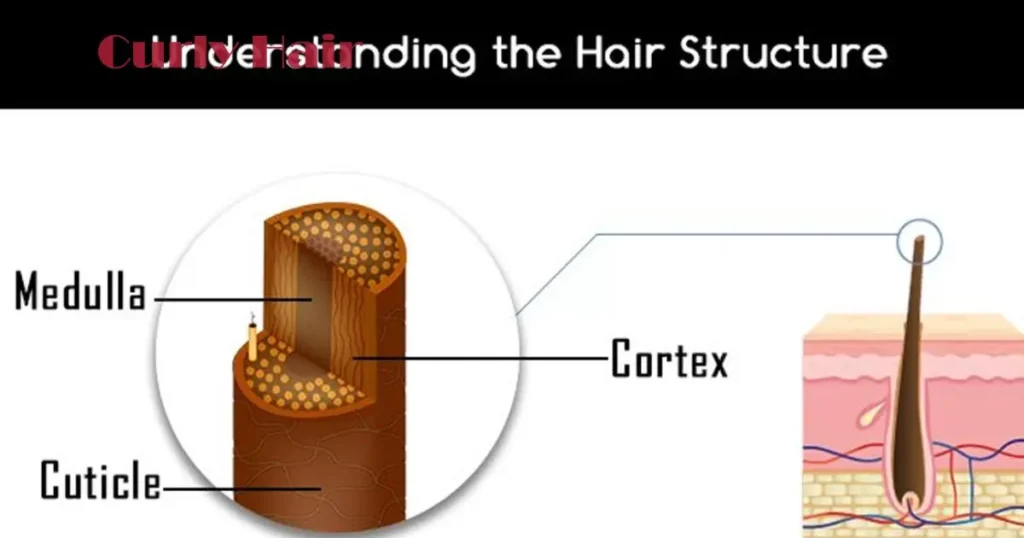
When you skip washing your hair, subtle but important changes happen to its structure. Your scalp produces natural oils called sebum, which usually helps keep your hair moisturized. Without regular washing, sebum accumulates, and your hair structure can undergo alterations.
Over time, the excess sebum can make your hair appear greasier, impacting its texture and overall feel. This change in the natural balance of oils can also lead to the clogging of hair follicles, potentially affecting the health of your scalp and the vitality of your locks.
Are Split Ends More Frequent?
Without regular hair washing, split ends become more common. The natural oils from the scalp, which normally help nourish and protect hair, can accumulate and lead to dryness. This lack of moisture makes hair prone to splitting at the ends, causing a frayed and unhealthy appearance.
Over time, the absence of proper cleansing allows environmental pollutants and product residues to build up. These deposits can weigh down hair strands and contribute to increased breakage. Without the cleansing action of regular shampooing, split ends may persist, affecting the overall texture and vitality of your hair.
Aesthetic Consequences
Neglecting hair hygiene can lead to noticeable aesthetic consequences. Grease and oil build-up may result in a limp, lifeless appearance. Strands might clump together, losing the natural, bouncy flow associated with clean hair. Unwashed hair can also be more prone to odor, affecting overall personal grooming.
Additionally, lack of washing may cause the scalp to become flaky and itchy, creating an unappealing sight. Aesthetic repercussions are not merely limited to the strands themselves but extend to the overall presentation, impacting one’s grooming and self-presentation in social and professional settings.
Does Unwashed Hair Appear Greasy?
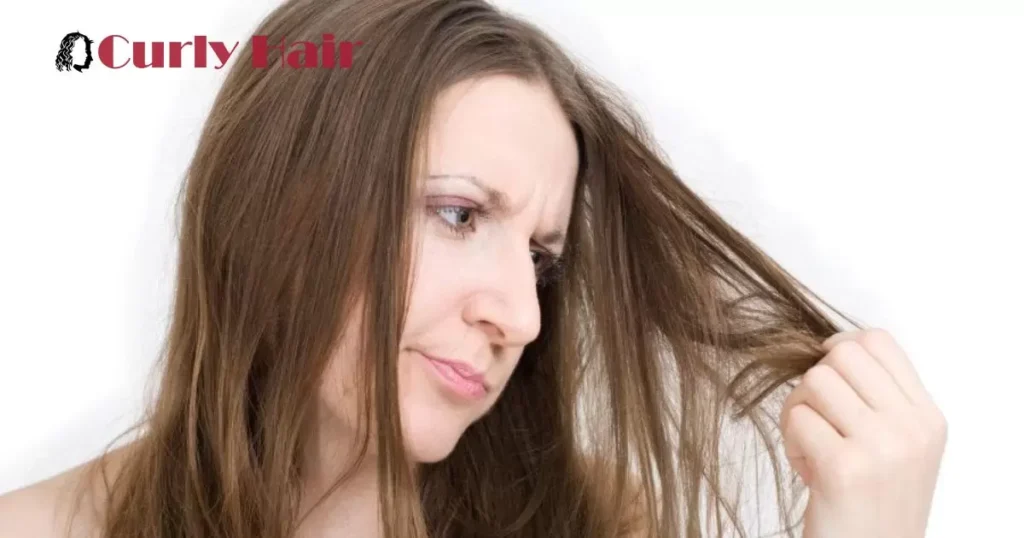
Unwashed hair tends to develop a greasy appearance over time. The natural oils produced by the scalp accumulate, giving the hair a slick, shiny look. This is more noticeable in some hair types than others. Regular washing helps remove excess oils and keeps hair looking fresh and vibrant.
Skipping hair washes can lead to an increase in sebum, the oil our scalp produces. As days pass without cleansing, the excess sebum builds up, coating the hair strands. This accumulation often results in that unmistakable greasy sheen that can make hair look unkempt and less appealing. Regular washing, therefore, plays a crucial role in maintaining a clean and healthy appearance for your locks.
Health Risks
Irritated Scalp: Neglecting hair washing may lead to an irritated scalp. Accumulated oils and product residue can cause discomfort and itching.
Increased Dandruff: Infrequent washing allows dead skin cells and oils to build up, contributing to the development of dandruff.
Potential Infections: Dirty hair can become a breeding ground for bacteria, potentially leading to infections on the scalp.
Weakened Hair Structure: Excessive oil and grime can compromise the structure of your hair, making it prone to breakage and damage. Regular washing helps maintain healthy hair.
Social Implications
Neglecting hair hygiene carries social implications that extend beyond the physical realm. Greasy and unkempt hair can project an impression of poor self-care, potentially influencing how others perceive you. People often associate cleanliness with personal responsibility, and neglecting hair washing may inadvertently convey a lack of attention to overall well-being.
Additionally, the scent associated with unwashed hair can be a social deterrent. Just as we notice and appreciate pleasant aromas, an unpleasant odor can create a negative impression. Your hair is an integral part of your personal presentation, and its condition can significantly impact the way you are perceived in social interactions. Regular hair care not only contributes to physical health but also plays a crucial role in maintaining a positive social image.
Long-Term Damage
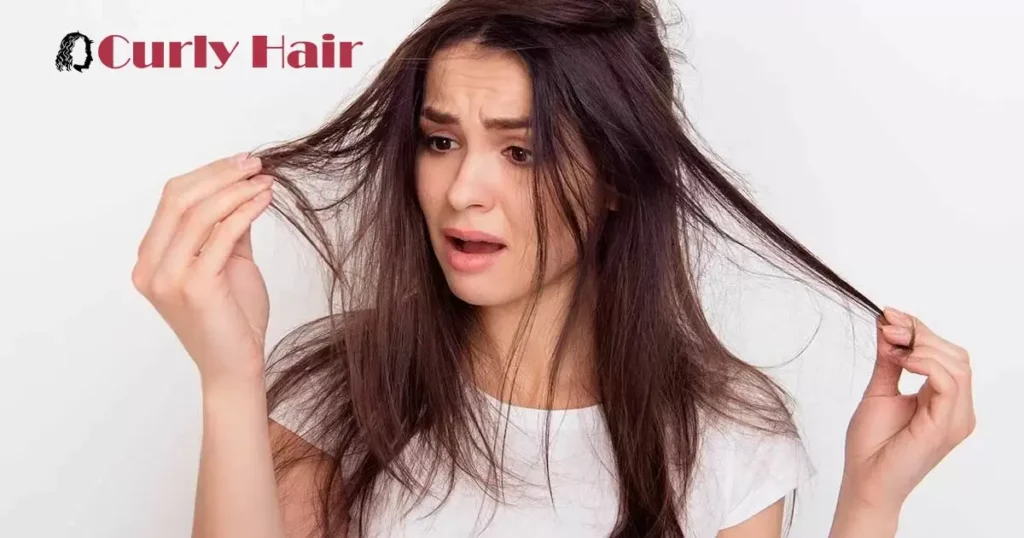
Long-term damage can sneak up when you neglect hair washing. Over time, oils and pollutants accumulate, causing hair to become dull and lifeless. Strands may get weighed down, leading to breakage and split ends. Without regular cleansing, the long-term effects can leave your mane lacking its natural shine and vitality.
Chronic Neglect Effects
Chronic neglect takes a toll on your hair. Skipping regular washes allows dirt and oil to accumulate, making hair prone to tangling. This chronic buildup can lead to an itchy scalp and contribute to dandruff. Ultimately, the effects of prolonged neglect can result in an unhealthy and uncomfortable scalp environment.
Rehabilitation Process
To kickstart the rehabilitation process for long-term hair damage, commit to a regular washing routine. Opt for nourishing shampoos that hydrate and repair. Incorporate deep conditioning treatments to restore moisture and strength. Consistency in these efforts will gradually revive your shiniest, healthiest hair.
Prevention Strategies
Combatting long-term damage demands proactive measures. Regular, gentle cleansing removes accumulated impurities, revitalizing your hair. Conditioning with nourishing products strengthens strands, preventing breakage. Incorporating a balanced diet rich in vitamins fortifies your hair from within, ensuring it stands resilient against potential long-term damage.
Frequently Asked Questions
How long can you go without washing your hair?
The duration one can go without washing their hair varies, but generally, it’s recommended to wash every 2-3 days to maintain scalp health and cleanliness.
What happens if you don’t shampoo your hair?
Neglected hair accumulates oils and pollutants, leading to dullness, breakage, and overall lack of vitality.
What happens if you don’t wash your hair for a year?
Neglecting hair washing for a year can lead to oil and product buildup, causing dullness, breakage, and an unhealthy scalp.
Conclusion
To sum up all above data, understanding what happens if you don’t wash your hair, is crucial. Over time, neglecting hair care leads to a spectrum of issues. From short-term concerns like greasiness to the long-term challenges of dullness and breakage, the impact is significant. It’s evident that regular, gentle hair care is essential for maintaining healthy and vibrant locks.
To avoid adverse effects, embrace prevention strategies. Consistent cleansing, proper conditioning, and a nutrient-rich diet fortify your hair’s resilience. By taking these simple yet effective steps, you can protect your hair from the potential long-term damage that comes with neglecting regular washing. Remember, a little care today ensures a head full of healthy hair tomorrow.
